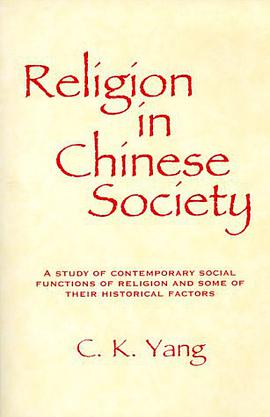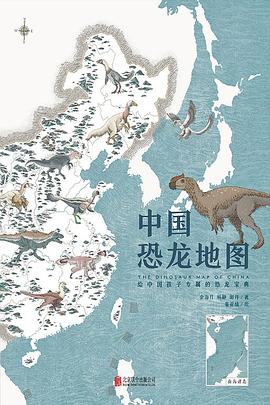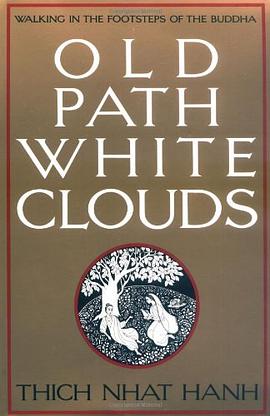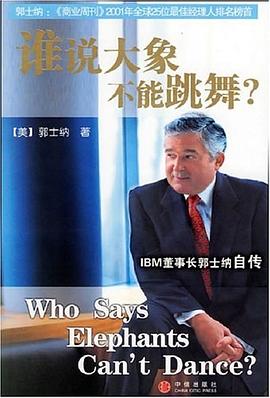Religion in Chinese Society
内容简介
An impressively comprehensive review of Chinese religions. Neither scholars from China nor the West have been able to accomplish such a comprehensive review of Chinese religions as this. No other book offers such a detailed, sustained analysis and functional interpretation of critical facts in order to reveal a pattern of relationship between religion and Chinese social life and organization. Yang's work focuses on the religious systems that have become firmly integrated parts of the Chinese culture, including Buddhism, Taoism, and the numerous cults of the classical religion. His study is primarily concerned with the recent periods of Ch'ing and the Republic--especially the nineteenth and the twentieth centuries--but because the roots of Chinese cultural traits extend deep into the past, historical data and discussion are included when clarification is necessary. Because the concept and structure of all major Chinese social institutions contained religious elements, this much-cited classic will be valuable to any reader who really wants to understand China.
......(更多)
作者简介
杨庆堃(C.K.Yang)(1911-1999),华裔美国社会学家、原籍广东南海。1932年获燕京大学社会学学士学位,1934年获该校硕士学位。1939年获美国密歇根大学社会学博士学位。先后任纽约商报编辑、华盛顿大学助理教授。回国后,1948年起任岭南大学社会学系副教授兼系主任,并在广州近郊鹭江村从事农村社区的调查工作。1951年再度赴美,任麻省理工学院国际研究中心研究员。1953年任匹兹堡大学社会学系副教授、教授。1970年代在香港中文大学创办社会学系。
......(更多)
目录
......(更多)
读书文摘
从根本上讲,祖先崇拜是一种生存策略,用以对付家庭群体中由于近亲死亡带来的情感崩溃和社群瓦解状况的发生……死亡不是个人的事,而是一个社会性悲剧,意味着一个成员永远从团体中消失……改变死亡带来的所有负面影响的一种方法是,假设死者继续存在,以此来减轻可能出现的悲伤和颓废消极,目的是让家庭成员再次凝聚力量,继续生活下去
我们可以这样理解,宗教能够在经济结构中扮演重要的角色,就在于宗教仪式的力量可以吸引社区的民众,而不在乎其个人的经济利益和社会利益。人群一旦聚集起来,自然久违贸易和其他社会活动创造机会。相反,那些主要为做买卖而来的人们也会进入寺庙叩拜庙会的保护神。——87
......(更多)






